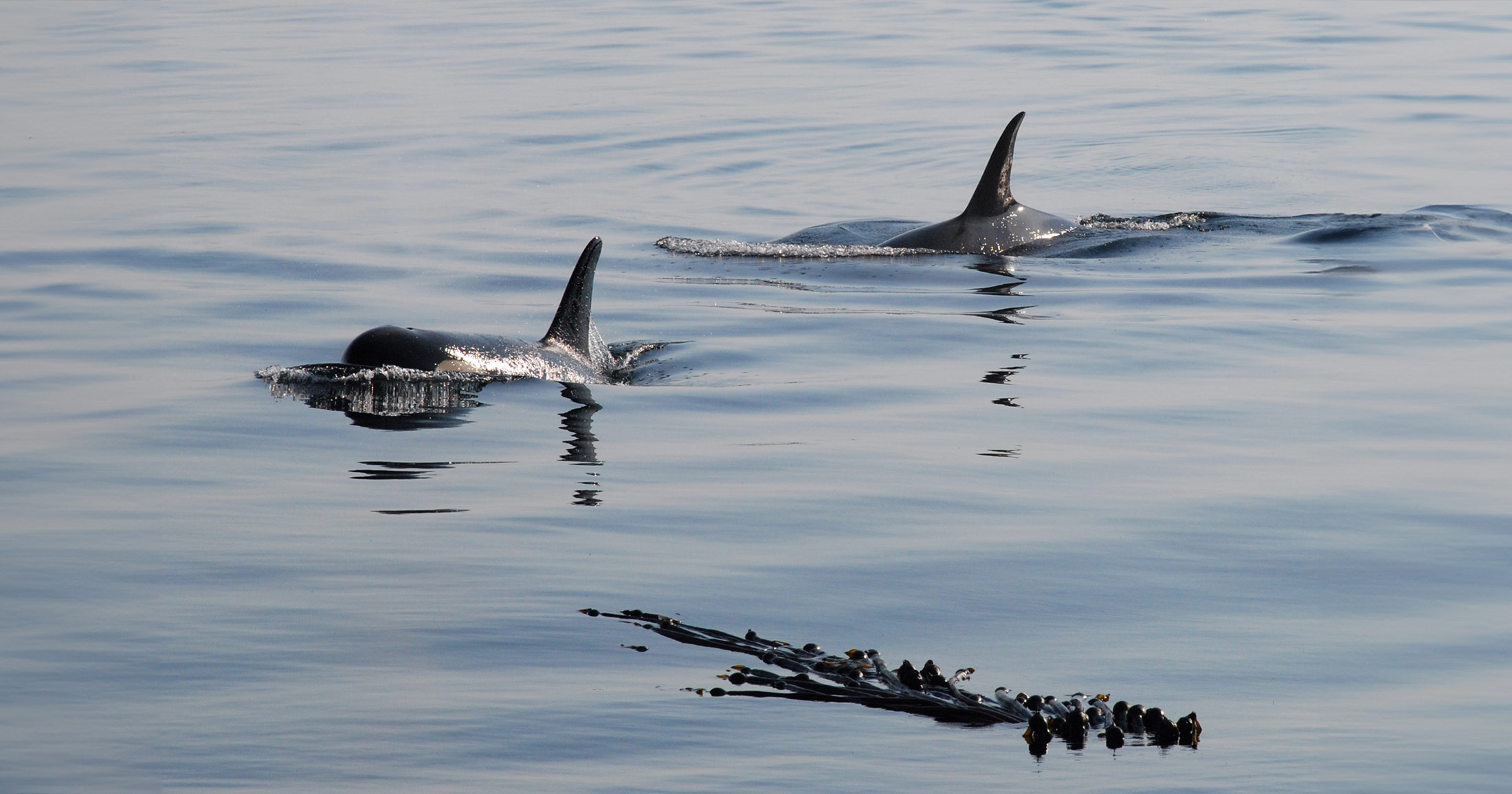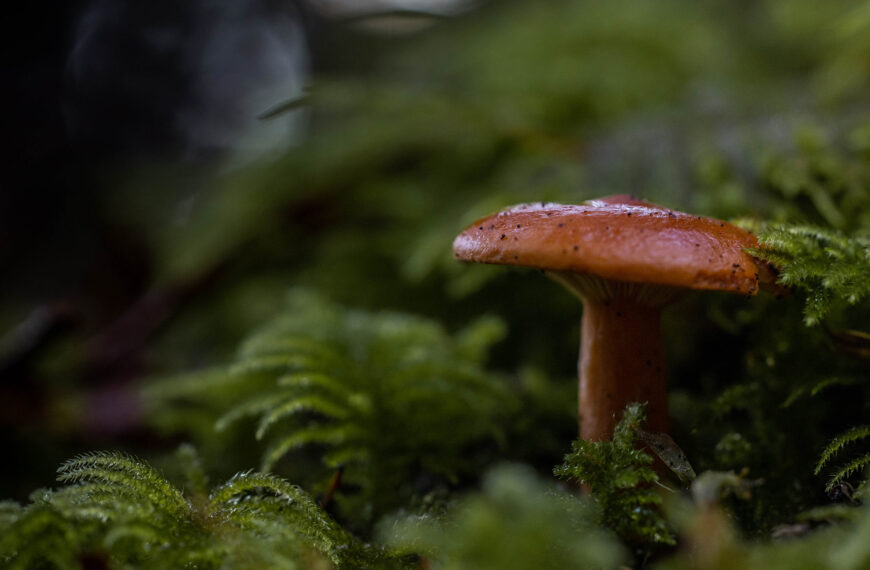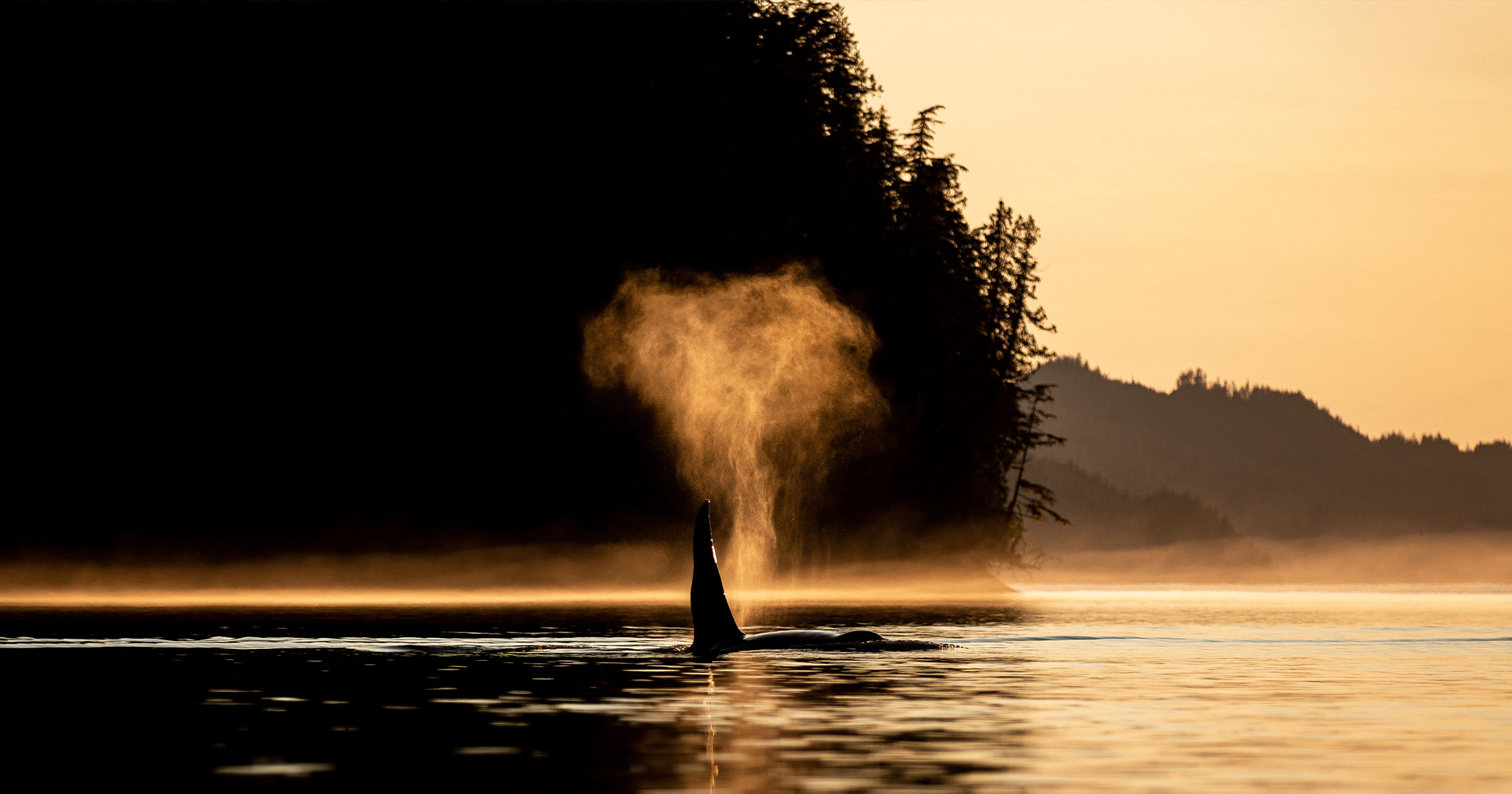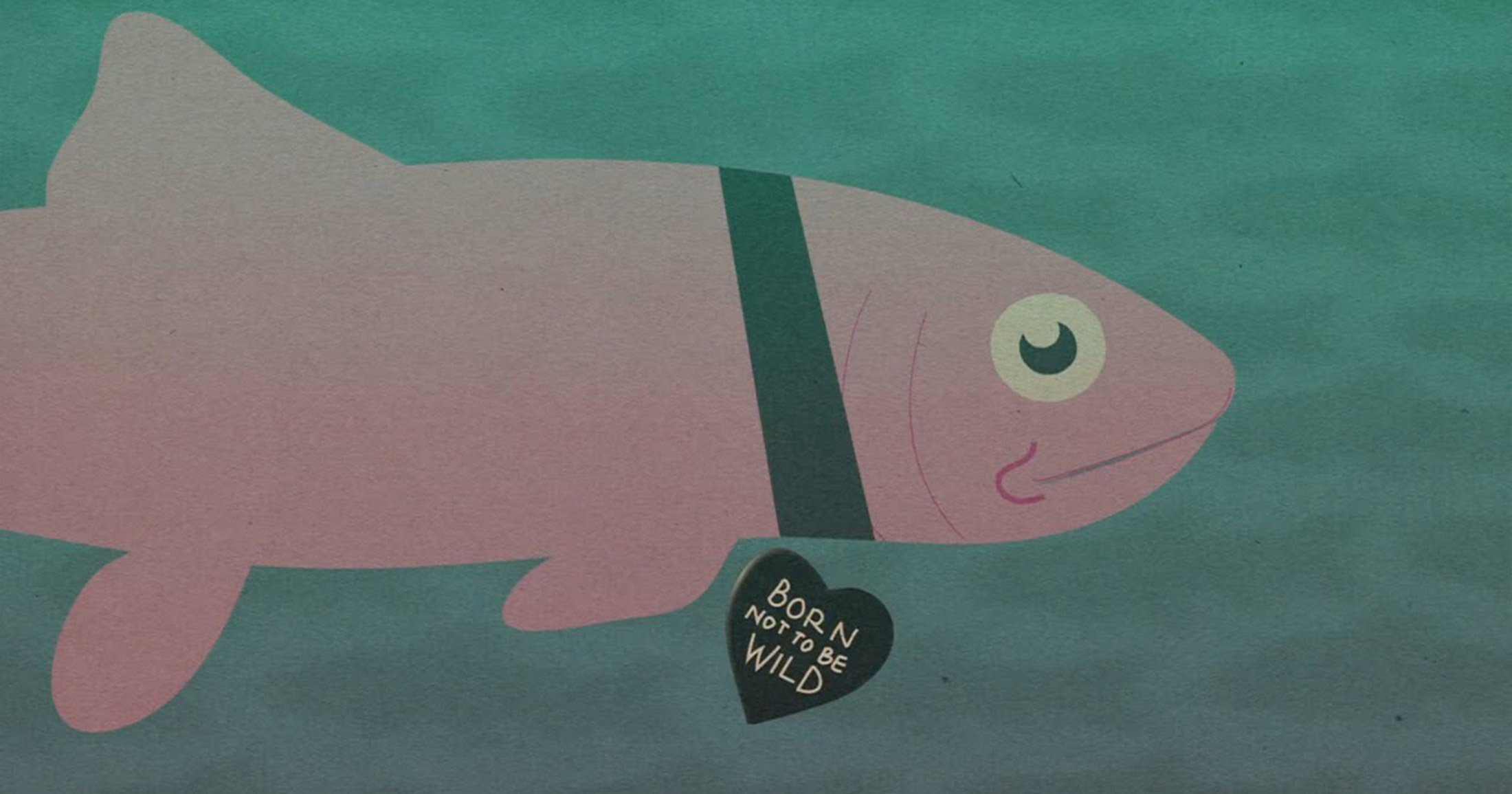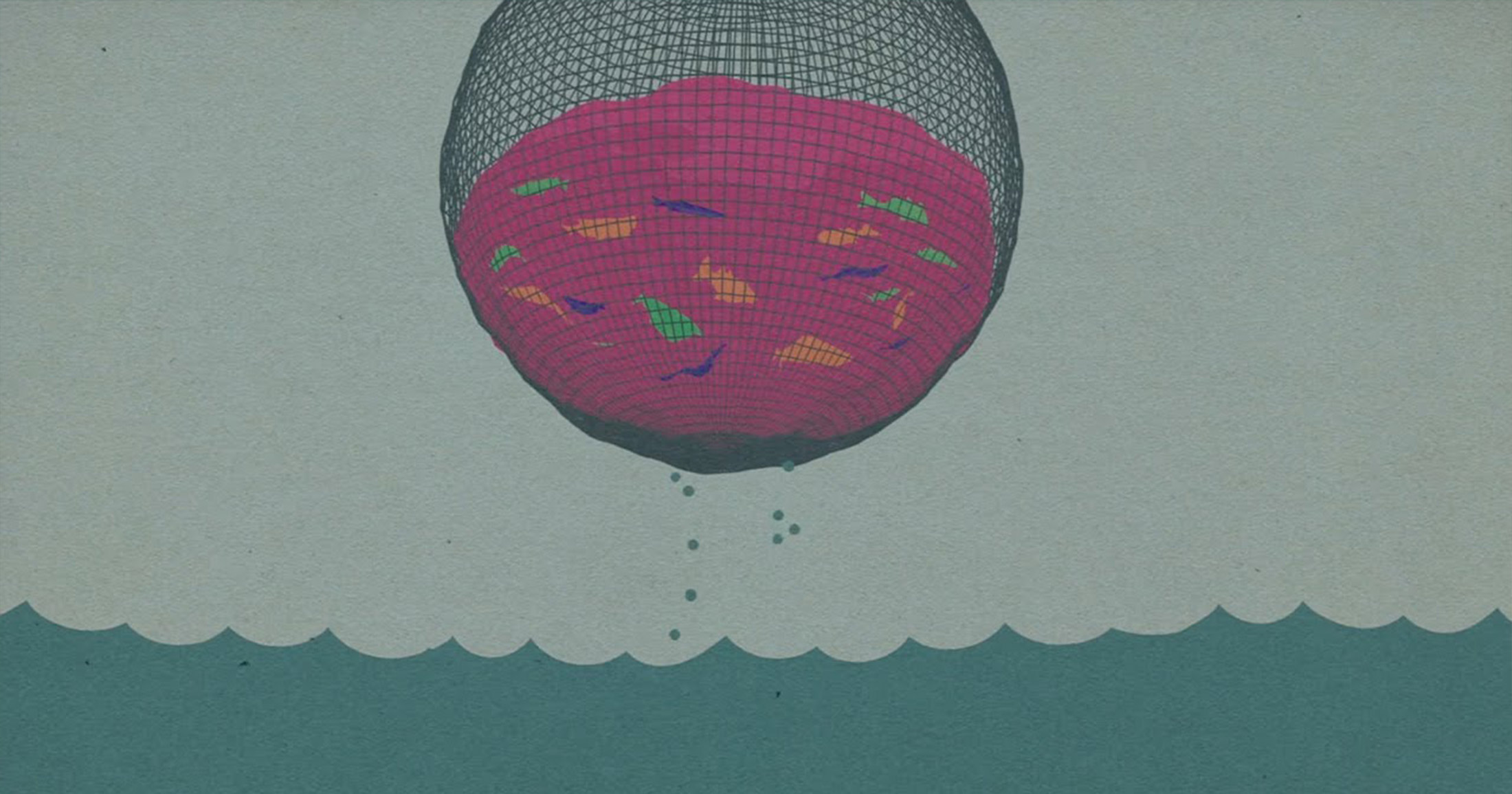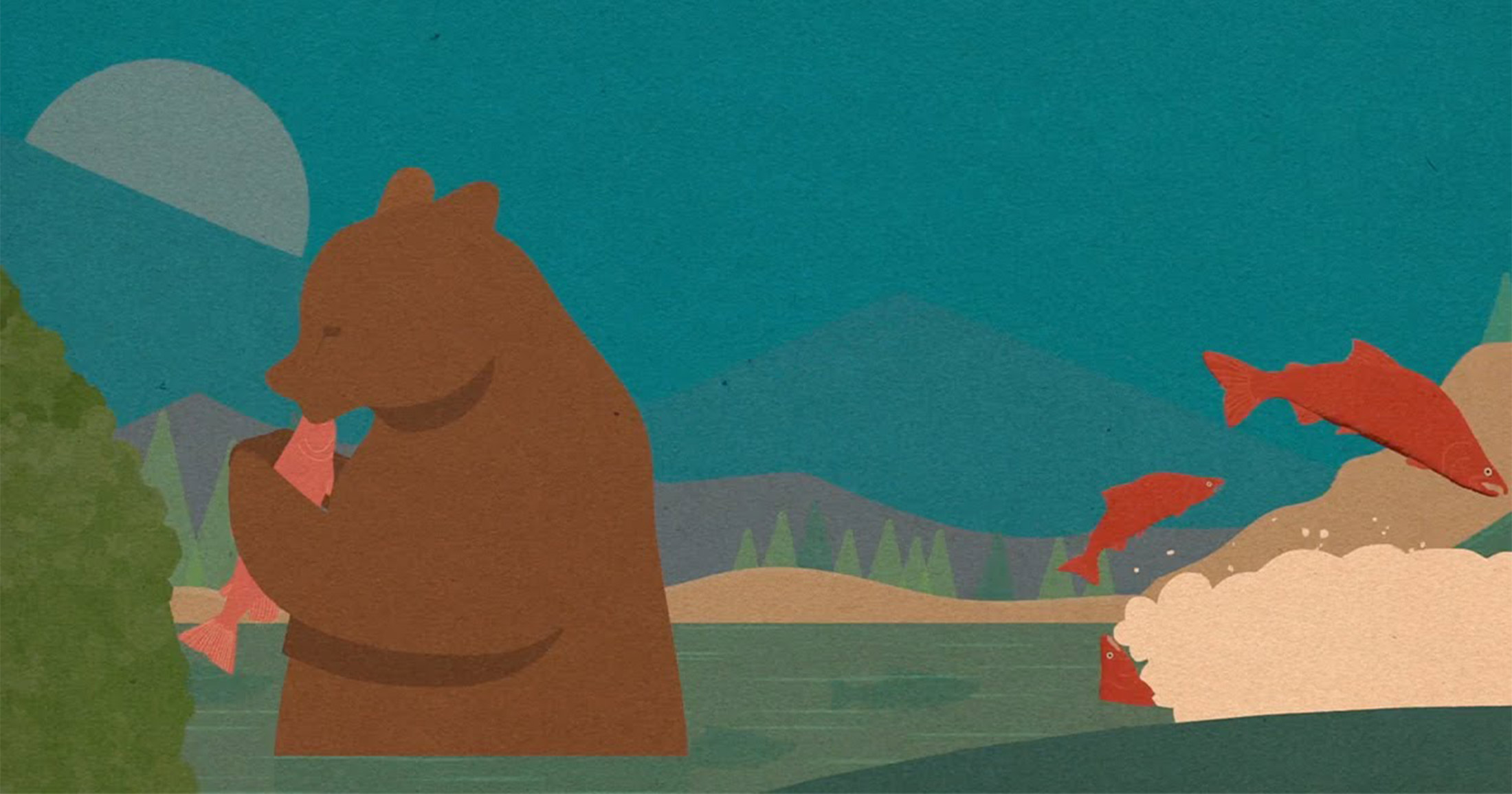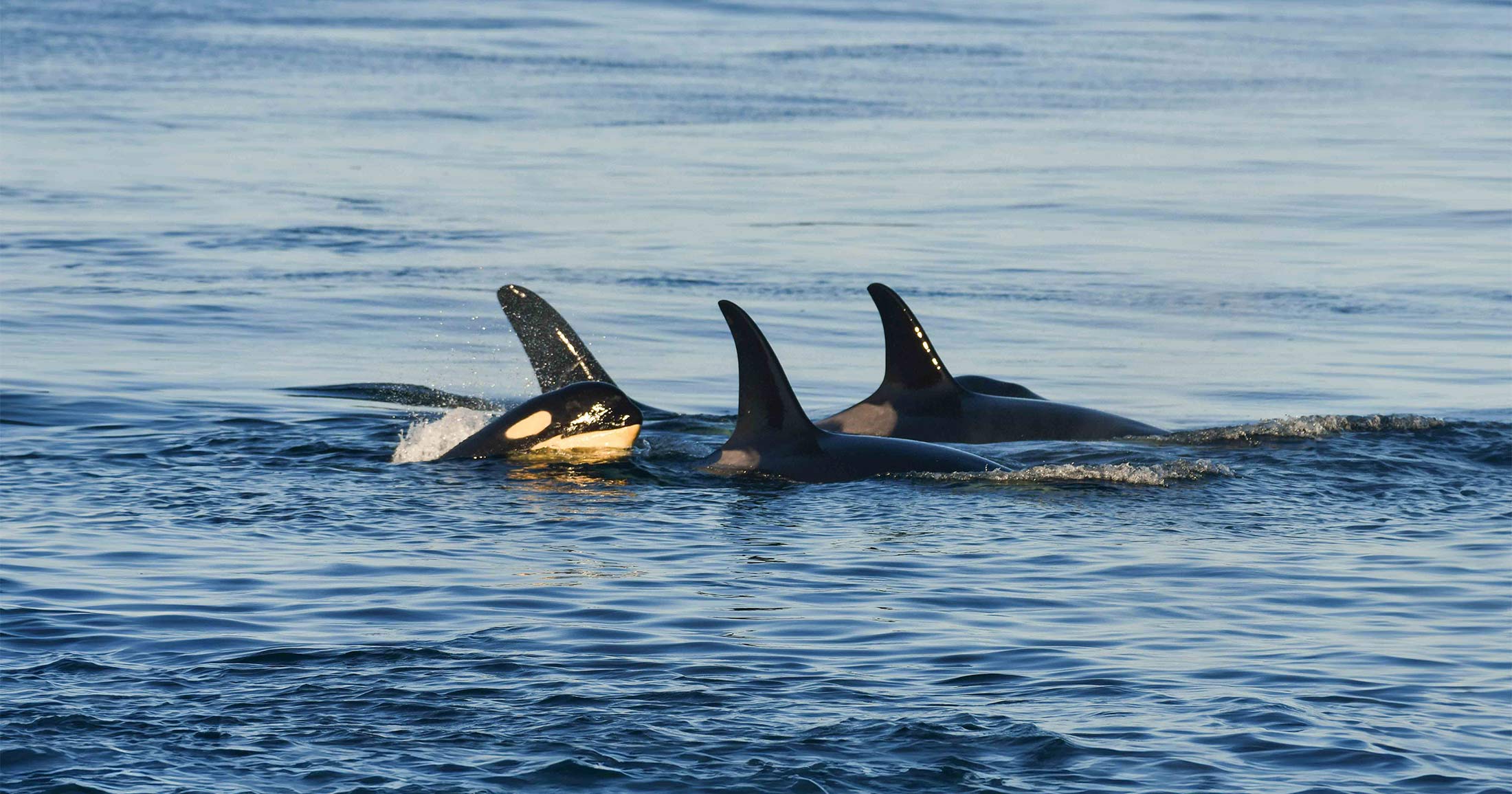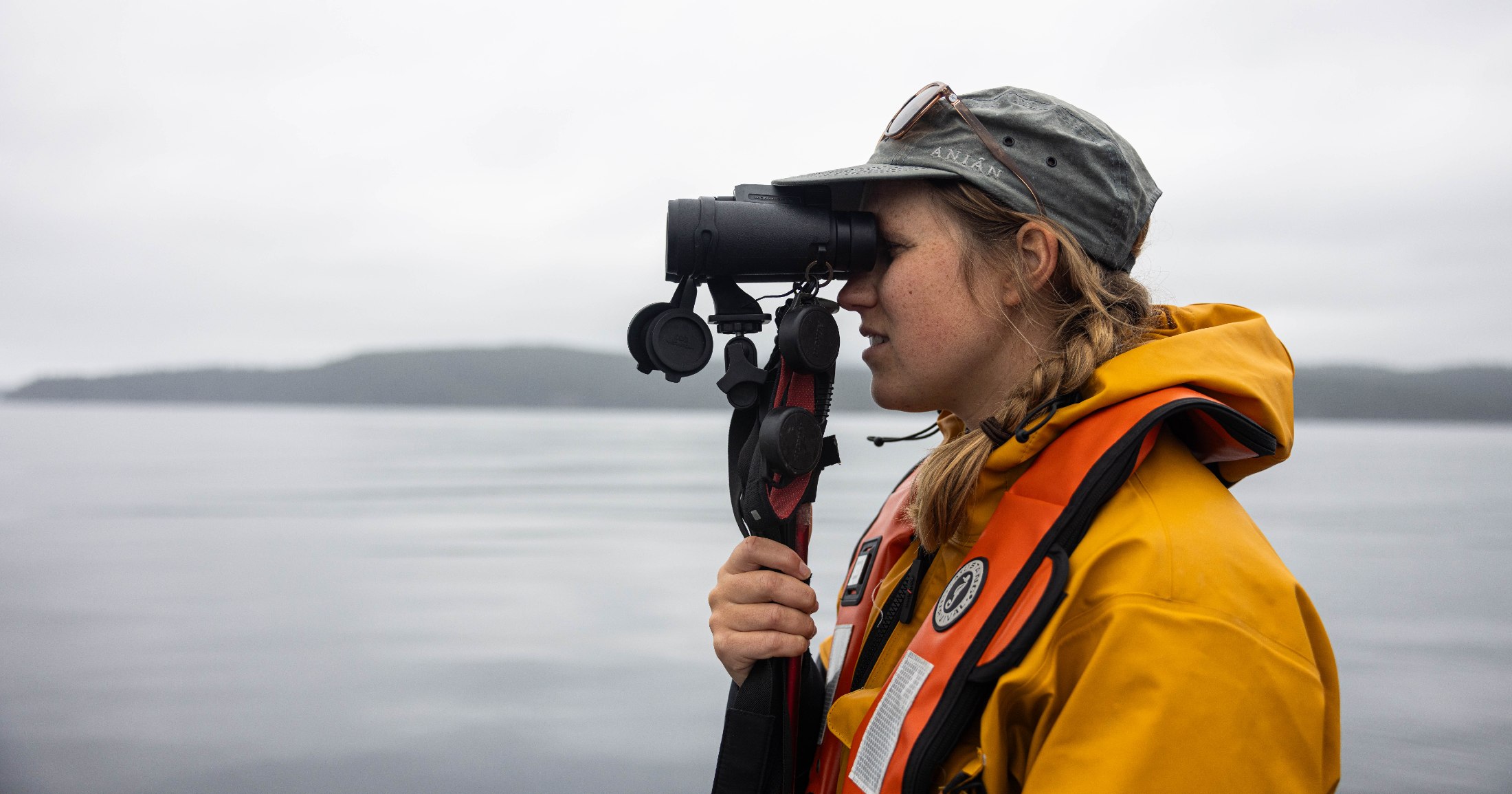Maxing out to protect coastal carnivores
Running 500 km over two weeks, from Port Hardy to Victoria, to do my part.
Hello again! If you read my first post from back in July, you’ll remember that I planned to run the length of the Island from Port Hardy to Victoria that summer. Due to several reasons, such as various injuries and a few issues regarding travel, I was not able to start my run as planned.
“…it will all be worth it knowing I did my part in protecting the vital carnivores that inhabit our coast.” Tweet This!
Things have not gone as I initially anticipated in terms of training and start date, but I am not going to let that stop me from completing what I originally set out to do. As such, on November 24th I made my way up Island to Port Hardy to begin my two-week journey.
As a result of the setbacks I have faced, I am not as well prepared as I would have liked to be to start this run. Because of this, I know there’s a chance of injury, and the likelihood of not being able to finish is real. I am the type of person to go out and give it everything I’ve got rather than quitting before even taking my first step.
And so that’s what I’m going to do, take the first step, and see just how far I can get. I know the days will be long and grueling, and I’m sure there will be times where I will want to quit, but in the end I know it will all be worth it knowing I did my part in protecting the vital carnivores that inhabit our coast. Thank you to everyone that has supported me thus far, and thank you all for taking the time to read my story.
Support Gio’s efforts
You can support Gio’s fundraising efforts.
Support our mobile lab, Tracker!
Our new mobile lab will enable the Healthy Waters Program to deliver capacity, learning, and training to watershed-based communities. We need your support to convert the vehicle and equip it with lab instrumentation. This will allow us to deliver insight into pollutants of concern in local watersheds, and contribute to solution-oriented practices that protect and restore fish habitat.



